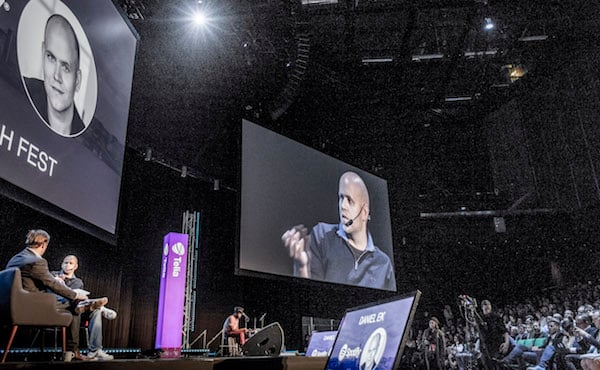The business magazine heaps praise on Sweden, which it says has “undergone a transformation built on deregulation and budget self-restraint”.
Forbes credits the former centre-right government's benefit cuts and tax cuts with stimulating employment, it points to the country's growth rate of 4.2 percent in 2015, its low level of public debt and its trade surplus. It also mentioned the country's burgeoning startup scene, with music streaming service Spotify and gaming company King cited as good examples.
While Sweden has shot up Forbes' list from 17th place in 2006, the US has slid from the number one ranking a decade ago to 23rd place today.
But Sweden's main business organization, the Confederation of Swedish Enterprise, poured cold water on the claims.
“There are plenty of advantages to running a business in Sweden, but it feels like an exaggeration to say that it's the best country overall,” the confederation's economist Jonas Frycklund told Dagens Nyheter. “It's hard for an outsider to get the whole picture,” he said.
Frycklund said that Forbes focused on large companies, whereas it was difficult for small companies in Sweden to grow. Sweden, he added, was living on the fruits of reforms from the 1990s and early 2000s, but that the country needed further reforms to maintain its position. Asked for other countries that he admired, he pointed to Switzerland's competitive industries and Singapore's focus on deregulation and free trade.
Sweden was named the world's sixth most competitive economy by the World Economic Forum earlier this year.



 Please whitelist us to continue reading.
Please whitelist us to continue reading.